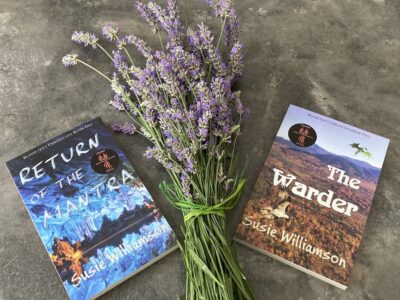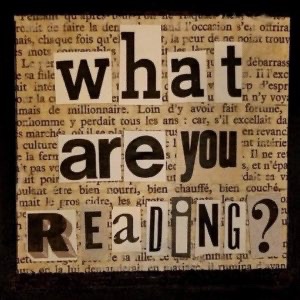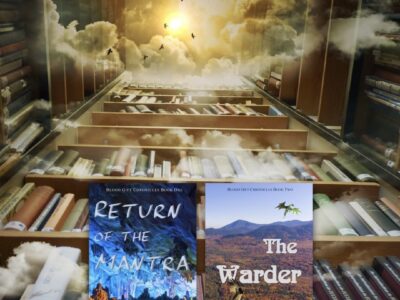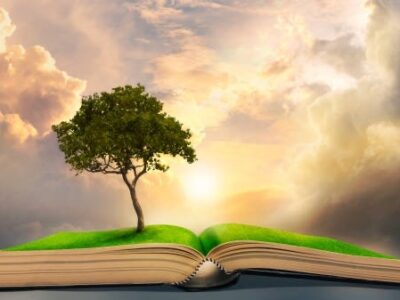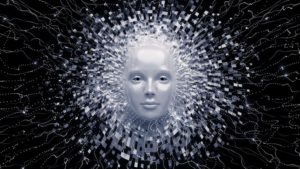
If a novel was good, would you care if it was created by Artificial Intelligence?
Inspired by an article in the Guardian, click here, this was a question posed a few weeks ago by Devon Book Club, a weekly forum on Twitter discussing all things books.
My response was one of resistance. My exact words were, ‘This is so inhuman it makes me shudder’.
After reading the article and discovering that the first computer generated screenplays are promised within five years, I was left with a general sense of alarm.
Seriously! Since fiction is a form of communication, surely something would be lost – the human voice. Communication is built on culture and experiences unique to the individual. The discussion probed further, asking, ‘Imagine yourself reading a novel by an unknown author and thinking it was really good. How would you feel if you were then told it had been produced by AI?’
I continued with my spirit of resistance. Creative writing is an art form, with inspiration and design wholly individual to the creator. A human writer faces a blank page. It is the raw ingredients of life that builds the story. The uniqueness, the individuality, creates complexity, interest, and unpredictability. How can AI replicate that? And if it could, through some story writing formula, should it? After all, the creation of thinking, feeling AI didn’t work out too well in I Robot or The Matrix.
Whether or not we would be able to tell the difference between human-created fiction and AI-created fiction is a question that stuck with me. I was inspired to consider this thing called the human condition in relation to being a writer.
I remember all those years ago when I first started writing Return of the Mantra. I had my inspiration, I began carving a plan, and then came the years of rewrites and edits. When finally I stood back and considered the finished product, it came as something of a surprise. It wasn’t what I had imagined it would be in the beginning, it was more ‘me’. Don’t misunderstand me, I’m not in the book, but the essence, the stuffing, the emphasis is recognisable to me as coming from me. Is this the uniqueness of the human condition? Does the human condition contain too many variables to be easily replicated? Is it the case that no matter the story formula, only humans can make it their own?
One question that often comes up in writers’ forums is: do you plan or do you let the story write itself? For me it’s a bit of both, I plan but am flexible with that plan. If something’s not working out, I’ll deviate, modify the plan, check out the impact and then continue. A bit like life really.
That individuality, the random events that life throws at you and your response to those events, that is what creates the interest, the unusual, the unexpected and unpredictable – in life as in stories. It’s certainly something I consider in my fiction writing, and, after reading a review by book blogger, Dan Stubbings, it was nice to see that this was appreciated:
“Everything about Return of the Mantra was fresh and new but at the same time weirdly familiar as if I had read the story before. I loved how Susie was able to flip these familiarities on their head, and give me a whole new level of enjoyment. I adored the protagonist, Suni, a strong young girl who is forced to face the harshness of her world after the sudden death of her mother. I have to admit when I first read this I thought, here we go, a young girl loses her family and has to save the world. However, I was in for a pleasant surprise, as Susie doesn’t do this, taking Suni’s story in a direction I completely wasn’t expecting.”
The Human Condition, in life as in stories, opening us up to the unexpected.
